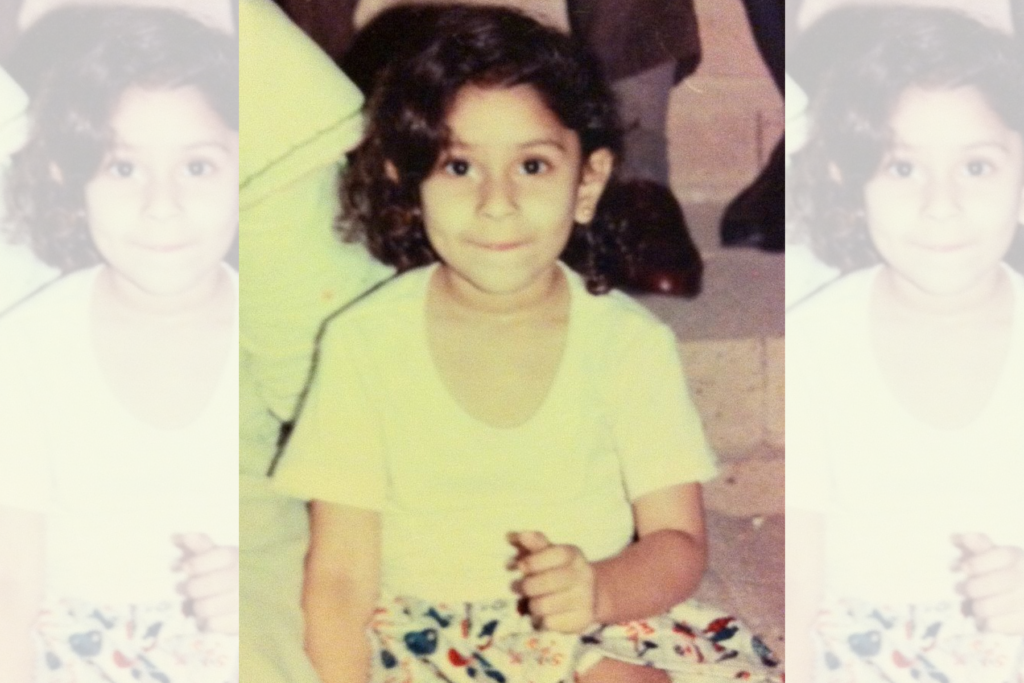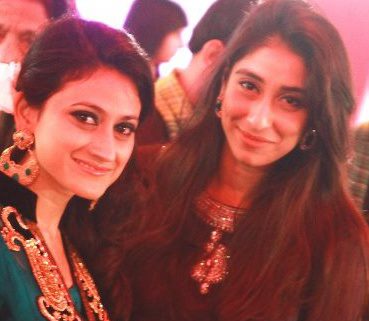
All photos courtesy of Fiza Bari.
It has been more than a week since the death of Noor Mukadam and I am still restless. I try to close my eyes to sleep, but my mind immediately flickers to Noor’s last two days on earth. Initially I fight the images of what I have heard and read. I don’t want to believe it. It feels like I’m watching a horror movie in my head, only it’s about someone I know and love. My stomach churns and I’m nauseated. I physically recoil when imagining what Noor experienced. And then my heart shatters that this happened to the best human on earth. I don’t understand what justice can be served because on July 20, 2021, the world has lost the purest, brightest, and most innocent light.
My mind then does this thing to help me cope, it flickers to a series of flashback scenes:
- The first flashback is the first time I met Noor at the age of seven, 20 years ago at my 13th birthday in Enniskerry, Ireland. She is closer in age to my little brother’s age – they play together.
- We are all at the Mukadams’ house for a dinner party. Noor is 10, her sister Sara and I are in our late teens. Sara keeps “Noorah” (her fond nickname for her) close by. Noor listens to our teenage exchanges. There is never a question of whether she should be included in our conversations; she is part of it all and never judges.
- Years go on, and we are now young adults. Noor is a young teenager. She comes to us for advice and remains sweet and kind.
- My last in-person flashback flutters in front of me. It’s Sara’s wedding in Karachi in December 2011. I am 23, Noor is 18. We are laughing. We spend those nights perfecting dances and helping Sara with anything she needs for the wedding.

After that it has only been social media messages, some Skype video calls. The last message I received from Noor was after my grandfather passed just last month. The most empathetic message was from Noor saying how my grandfather was everyone’s grandpa in Ireland. And how sorry she was.
As I continue to make sense of this nightmare, I think back to these flashes of memories. To me, she has always been a little sister and Sara, an older sister. Not once do I remember Noor getting angry. She always remained kind and sweet. I never saw her talk back to anyone, speak ill of anyone, or be rude to anyone. She had many friends, wherever she went in the world. People instantly liked her for being herself. That is a testament to her family and upbringing. Despite being moved all over the world, all three Mukadam children are unassuming, generous, and genuine.
My mind then switches back to anger, and bile rises in my throat. The anxious knot that has not left my body for the past month continues to tangle. I begin to think of how a monster and his enablers came to be. How they could get away with something like this?
The root cause, in my opinion, is actually a combination of many things that have enabled an endemic of female murders in Pakistan. You have a society built upon misogyny, a toxic patriarch, and a disregard for women’s rights—whether it be in the small rural village, or in this case the upper echelon of “high” society.
It would be remiss to note that this endemic does not just occur in Pakistan. To compare, one in four women has experienced physical abuse in the United States, while this number is estimated to be as high as three in five women in Pakistan. The cycle of letting “boys will be boys” along with other issues of social classism and elitism in Pakistan needs to stop, which gives a certain upper-class society the audacity to think they are above the law.
***
A few days ago, a Pakistani-American friend messaged me regarding her own domestic abuse case against her husband. Despite law enforcement and the American judiciary system being aware of the situation and hospital records documenting the abuse, the court is still not paying this case attention. Countless other friends have come out with their emotional scars since hearing Noor’s story.
For centuries, women have been groomed by both men and women to act a certain way. We are told to be careful with our tone, we are paid less, and we have careers but end up carrying the mental load of running a home. The weight of being a woman is such a heavy burden to carry. As a mother of a daughter and son, I shudder to think what the future is for my children. Our species has regressed with there being such little accountability anymore. We have become desensitized to violence.
What is next to fix this crisis? The first step to me is clear. Start at home. I want all of you to stand up to the next man you see disrespecting a woman. I want you to hold your sons, fathers, husbands, boyfriends, and male friends accountable. I have been having these conversations with my own husband, brothers, and family members.
As for the evil Zahir Jaffer, he should suffer the same consequences that my innocent sister Noor had to endure for there to be true justice. Even that is not enough. His parents and those working for the Jaffars should also be held accountable. This elite, upper echelon family needs to be brought down.
The brightest light was taken from us, and we will never be the same. The only way to truly avenge our light is to ignite the world and create change.




